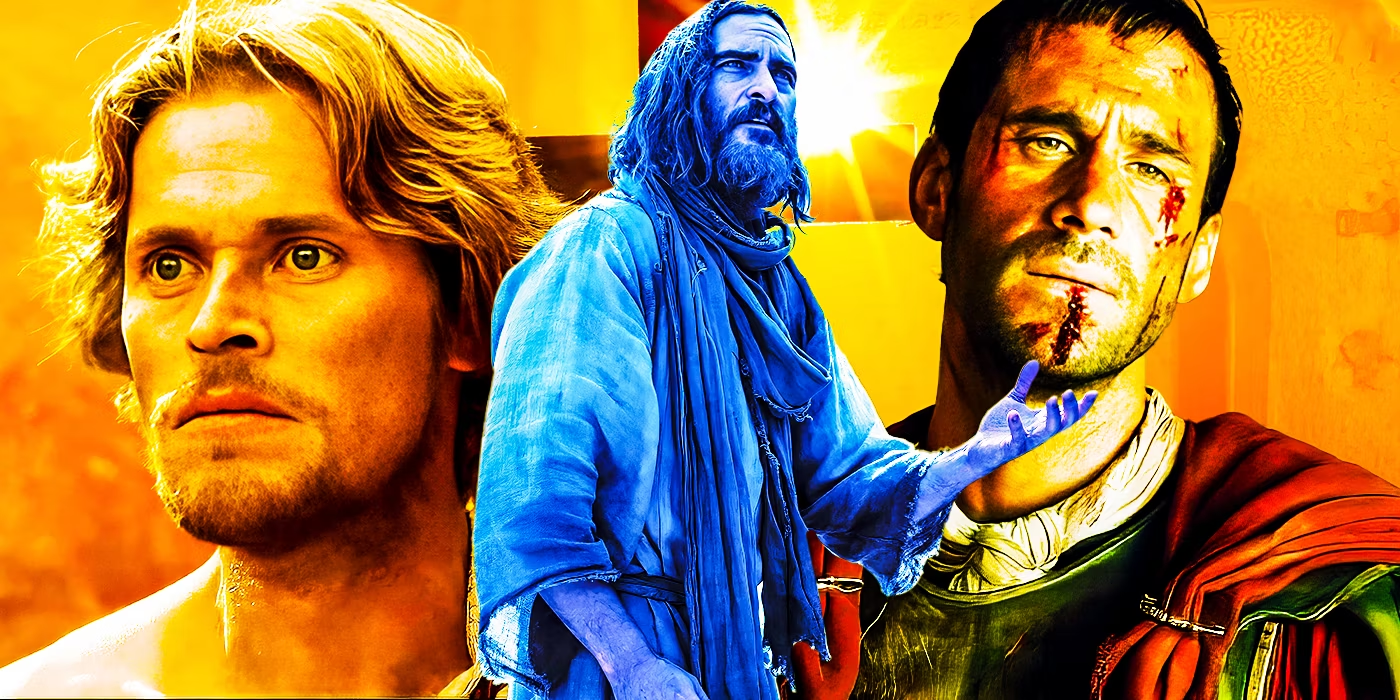
Movies about Jesus Christ have been a staple in cinematic history, capturing the imagination and devotion of audiences worldwide. These films range from reverent adaptations of the Gospels to more controversial and interpretative works, reflecting the diverse ways in which Jesus’ life and teachings have been understood and portrayed.
Early Depictions and Silent Era
The earliest movies about Jesus appeared in the silent film era, offering simple yet profound portrayals of His life. “From the Manger to the Cross” (1912), directed by Sidney Olcott, is one of the first feature-length films about Jesus. Filmed on location in Egypt and Palestine, it provided a visual representation of the Gospel stories at a time when cinema was still in its infancy.
The Golden Age of Biblical Epics
The 1950s and 1960s marked the golden age of biblical epics, with Hollywood producing grand, Technicolor adaptations of biblical stories. “The King of Kings” (1927), directed by Cecil B. DeMille, is a silent classic that portrays the life of Jesus with reverence and spectacle. DeMille’s version set a precedent for later films with its dramatic storytelling and large-scale production.
Another landmark film is “Ben-Hur” (1959), directed by William Wyler. While not exclusively about Jesus, His presence and influence are crucial to the story. The film’s depiction of the crucifixion is one of the most memorable in cinematic history, highlighting Jesus’ impact on the characters’ lives.
Jesus in the Modern Era
The 1970s brought a more personal and sometimes controversial approach to Jesus’ story. “Jesus Christ Superstar” (1973), directed by Norman Jewison, is a rock opera that reimagines the last days of Jesus with a contemporary twist. Its modern music and unique narrative style made it both a hit and a subject of debate among viewers.
“The Gospel According to St. Matthew” (1964), directed by Pier Paolo Pasolini, offers a more austere and Marxist interpretation. Pasolini, an atheist and Marxist, surprisingly created one of the most respected and faithful adaptations of the Gospel, focusing on the humanity and revolutionary aspects of Jesus’ message.
Controversial and Thought-Provoking Portrayals
The latter part of the 20th century saw films that sparked considerable controversy and discussion. “The Last Temptation of Christ” (1988), directed by Martin Scorsese, is perhaps the most notable example. Based on the novel by Nikos Kazantzakis, the film explores the human side of Jesus, imagining His struggles with doubt, fear, and temptation. Though condemned by many religious groups, it received critical acclaim for its bold and introspective approach.
21st Century Perspectives
In the 21st century, filmmakers continue to explore the story of Jesus with new technologies and perspectives. “The Passion of the Christ” (2004), directed by Mel Gibson, is one of the most intense and graphic depictions of Jesus’ crucifixion. The film’s brutal realism and emotional depth garnered both praise and criticism, but it undeniably left a significant impact on audiences worldwide.
“Son of God” (2014), directed by Christopher Spencer, is a more traditional portrayal, derived from the successful miniseries “The Bible”. It aims to present a comprehensive and accessible account of Jesus’ life, emphasizing His teachings and miracles.
Animated and Family-Friendly Versions
For younger audiences and families, animated versions like “The Miracle Maker” (2000) offer a gentle yet profound introduction to Jesus’ story. Using stop-motion animation, this film provides a compelling and age-appropriate retelling of the Gospels.
Conclusion
Movies about Jesus Christ continue to captivate audiences, reflecting the enduring power of His story. From early silent films to modern epics, each portrayal offers a unique perspective on His life and message. Whether aiming for historical accuracy, spiritual reflection, or artistic interpretation, these films contribute to the ongoing conversation about who Jesus was and what He represents to humanity.







